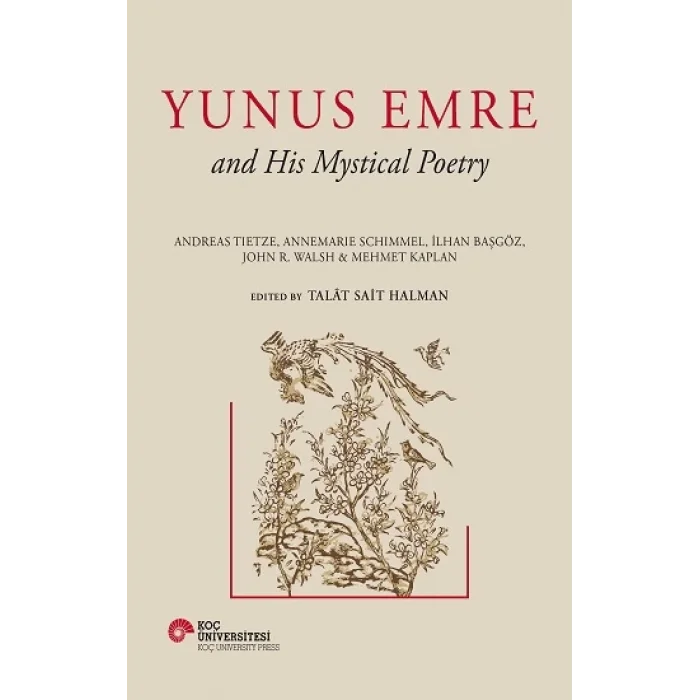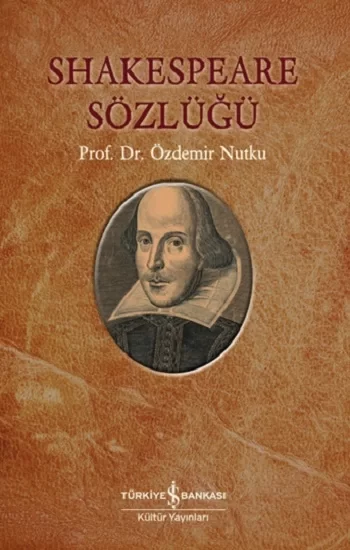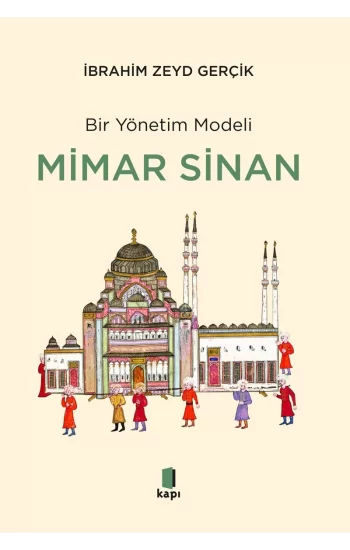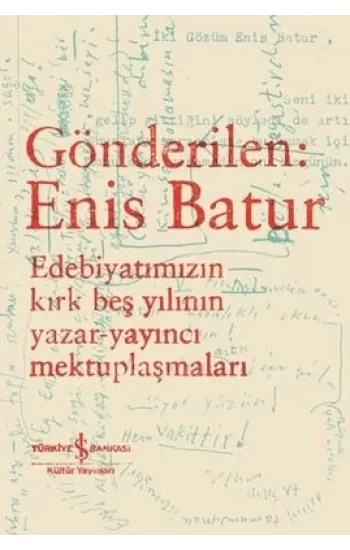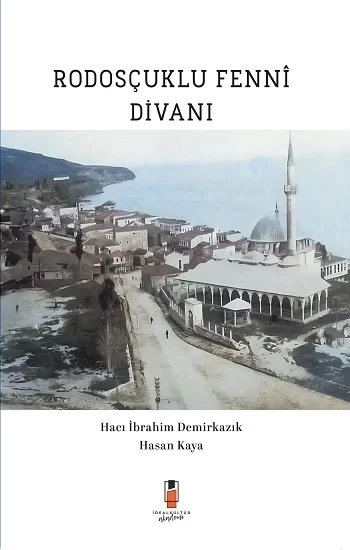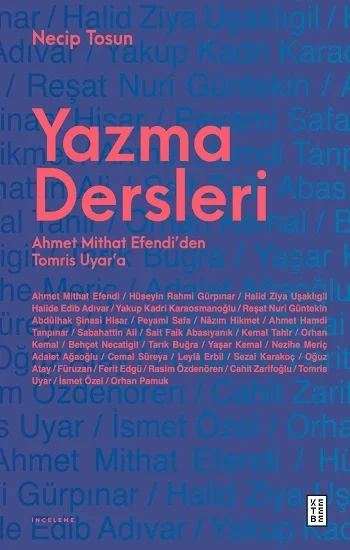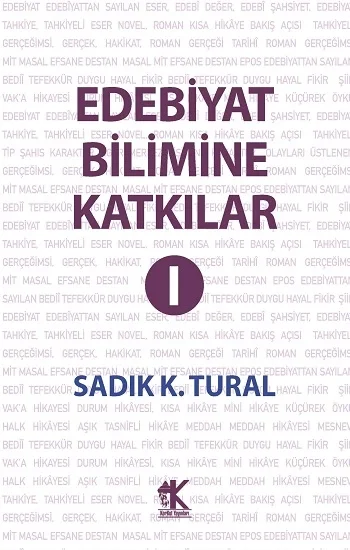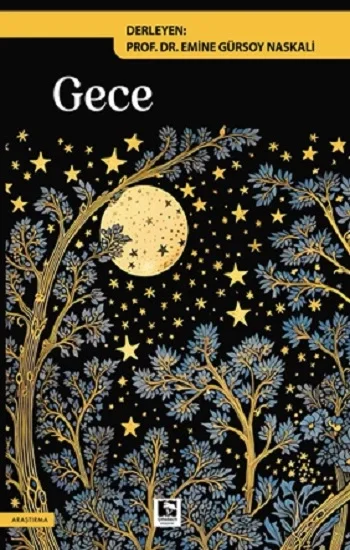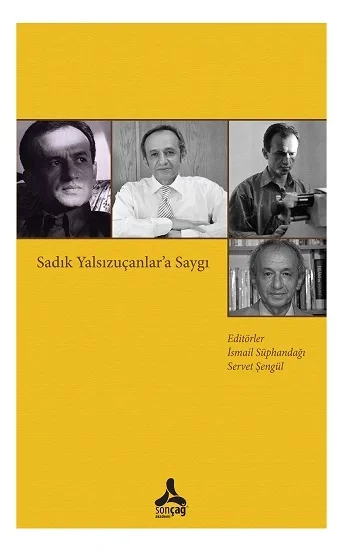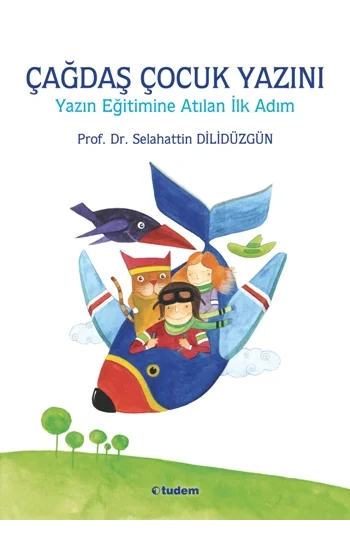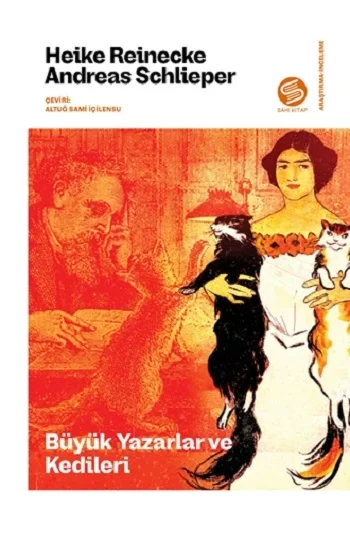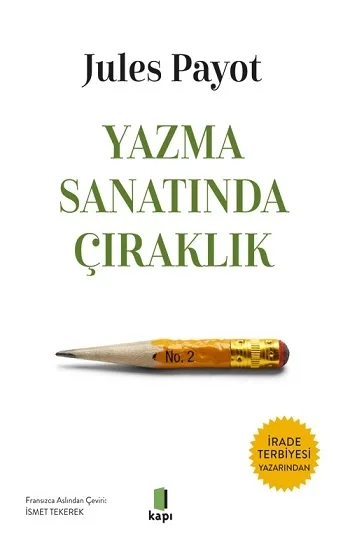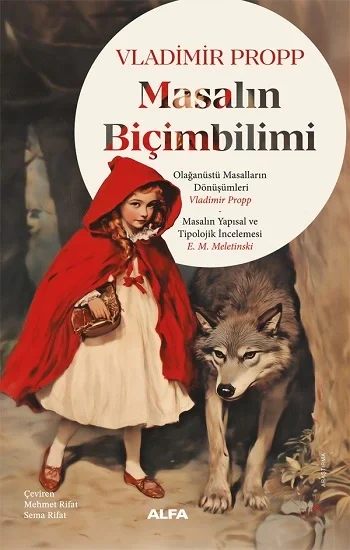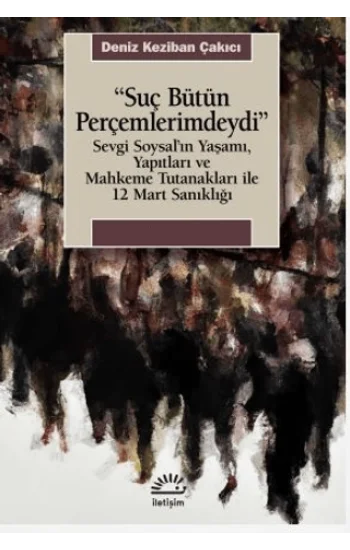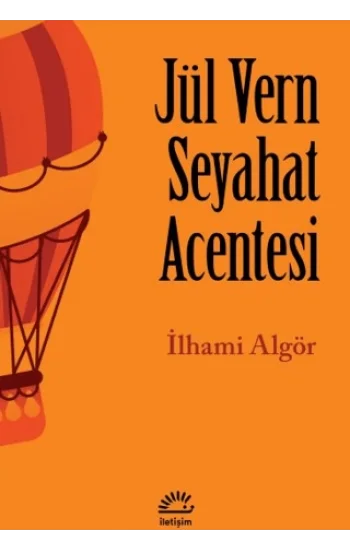Anadolu tasavvuf geleneğini ve Türkçenin bir edebiyat dili olarak gelişiminiderinden etkileyen Yunus Emre’nin şiirleri, Talât Sait Halman’ın derlediği buinceleme kitabıyla yeniden uluslararası okuyucu kitlesinin dikkatine sunuluyor.Türk edebiyatı ve İslam mistisizminin önde gelen uzmanlarınca yazılmışİngilizce makaleleri bir araya getiren bu eserde; Andreas Tietze, YunusEmre’yi kendi döneminin Avrupalı mistik şairleriyle karşılaştırıyor. AnnemarieSchimmel, Yunus’u İslam dünyasının genel tasavvuf kültürü içerisindedeğerlendiriyor. İlhan Başgöz, Yunus’un şiirlerine dayanarak onun yaşamını vedüşüncelerini mercek altına alıyor. John R. Walsh, Yunus Emre şiirlerini birerilahi olarak incelerken, Mehmet Kaplan bu eserleri metafizik açıdan yorumluyor.Talât Sait Halman ise Yunus’un şiirlerindeki hümanizmi gözler önüne seriyor.Kitapta Yunus Emre’nin pek çok şiirinin İngilizce çevirisine de yer veriliyor.One of the first poets in Anatolia to have composed poetry in Turkish, YunusEmre (d. ca. 1320) had a profound impact on the development of Turkish as aliterary language and the flourishing of an Anatolian mystical tradition. His workhas indeed retained its ethical and aesthetic relevance to this day.This volume brings together essays by some of the most well-known scholarsof Islamic mysticism and Turkish language and literature to shed light on thepoetry of Yunus from different perspectives. Andreas Tietze compares YunusEmre with the European mystic poets of his time. Annemarie Schimmelevaluates the poet within the context of Islamic mysticism in general. İlhanBaşgöz examines Yunus Emre’s life and the evolution of his ideas based onthe evidence extracted from his poems. John R. Walsh explores Yunus Emre’spoems in terms of their function as hymns, while Mehmet Kaplan analyzes themetaphysical aspects of the poet’s work. Talât Sait Halman’s contributionsurveys the humanistic concepts in the poems composed by this greatAnatolian mystic. The book also offers a wide selection of Yunus Emre’s poemstranslated into English.


